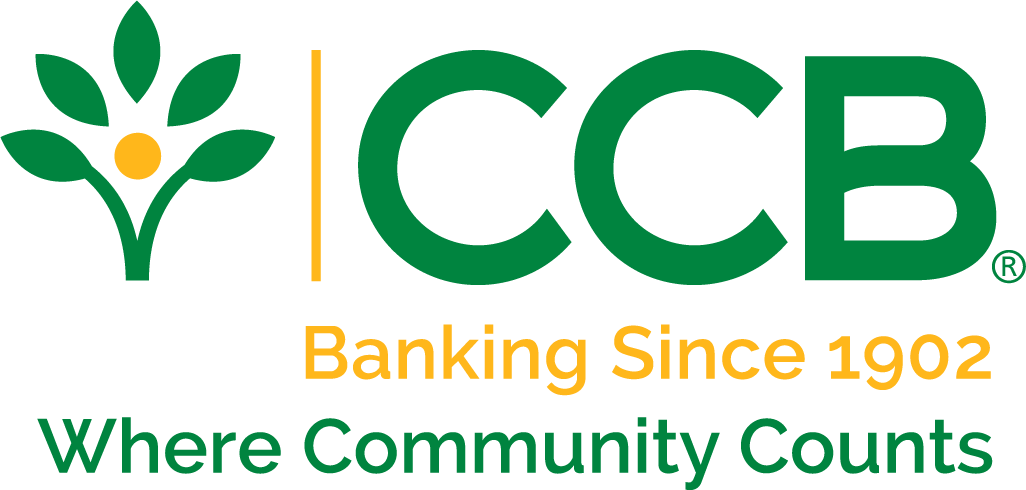Protecting Your Finances: Avoiding Holiday Scams in 2024
The holiday season is a time of joy, giving, and celebration, but it’s also a time when cybercriminals intensify their efforts. Social engineering scams targeting consumers, small businesses, and financial institutions are especially rampant during this festive period, preying on the busy and distracted.
At CCB, we’re dedicated to keeping our customers informed and protected. Your safety is not just a priority—it’s a promise we uphold every day.
‘Tis the Season for Caution
Cyber threats are constant, but the holiday season sees a sharp rise. About half of consumers targeted by online shopping or phishing schemes during the holidays fall victim, losing an average of $1,500, according to Forbes. Understanding common scams is the first step to protecting yourself in 2024.
Common Holiday Scams and How to Avoid Them
1. Gift Card Scams
Beware of emails or ads offering free gift cards. These scams often collect personal information, leading to identity theft. Stick to verified offers and never click on unsolicited links.
2. Charity Scams
Fake charities use emotional appeals or false claims of previous donations to solicit money. Always research charities directly through your local organizations or trusted platforms like Charity Navigator and avoid donating via gift cards, wire transfers, or cryptocurrency.
3. Package Delivery Scams
As online shopping thrives, fake delivery notifications pretending to be from USPS, UPS, or FedEx increase. Clicking these links can install malware or steal your information. Verify tracking through official courier websites.
4. Fake Gift Exchanges
Social media “gift exchange” schemes promise a windfall of gifts for a small contribution. These illegal pyramid schemes rely on constant recruitment. Decline and report such invitations.
5. Emergency Scams
Fraudsters impersonate loved ones, claiming emergencies like accidents or arrests. Before taking action, verify the story directly with the individual or another trusted contact.
6. Bogus Websites
Scammers create fake shopping sites that mimic legitimate ones with minor URL changes. Before purchasing, check the site’s legitimacy, look for HTTPS encryption, and avoid deals that seem too good to be true.
7. Malware Emails
Emails containing malicious links or attachments can install harmful software, stealing your data or locking your device. Stay cautious of unexpected emails, especially those offering unverified discounts or prizes.
8. Puppy Scams
Pets are popular gifts, but scammers can trick buyers with nonexistent pets. Always verify sellers and consider adopting from local shelters instead.
What to Do if You’re Scammed
- Don’t Engage:
- Stop communication immediately. Block phishing emails, texts, or calls.
- Notify Authorities and Financial Institutions:
- If you’ve shared sensitive information, contact your bank and credit reporting agencies to protect your accounts.
- Enhance Security Measures:
- Enable multi-factor authentication and update your devices with the latest security patches and antivirus software.
Prioritizing Your Safety
At CCB, “Where Community Counts”, isn’t just a motto- it’s the heart of everything we do. We remain committed to safeguarding the financial well-being of our community. By staying informed and cautious, you can enjoy a secure and joyful holiday season in 2024.
Your safety is not just a seasonal concern! Share these tips with friends and family to help them stay safe too. For more information, please contact us or visit our other web resources today.

